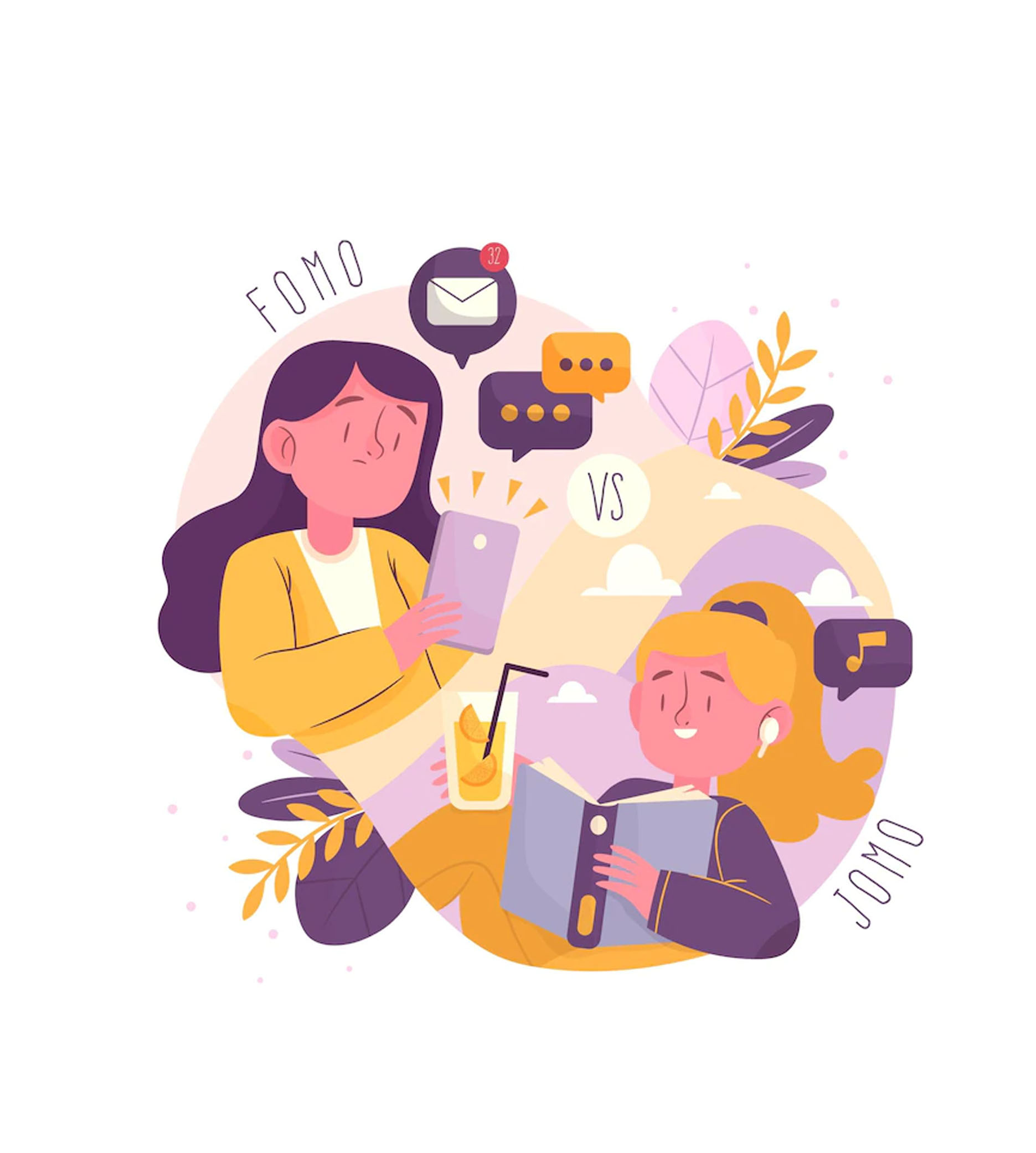
PHOBIAS
A phobia is fear or anxiety that causes an individual to experience extreme, irrational fear about a situation, living creature, place, or object. Phobias are diagnosable mental disorders. The person will experience intense distress when faced with the source of their phobia. This can prevent them from functioning normally and sometimes leads to panic attacks.
A person with a phobia will experience symptoms such as uncontrollable anxiety, unwanted fear, unable to react or fuction properly and inability to control the feelings to source of fear. A person who experiences phobia also gets physical effects of sensations such as sweating, abnormal breathing, fast heartbeat, trembling, hot flushes or chills, a choking sensation, chest pains or tightness, butterflies in the stomach, pins and needles, dry mouth, confusion and disorientation, nausea, dizziness and headache. In younger children, parents may observe that they cry, become very clingy, or attempt to hide behind the legs of a parent or an object and throw tantrums to show their distress.
Treatment: Phobias are very much treatable, and people who have them are aware of their disorder. This helps diagnosis a great deal. Speaking to a psychologist or psychiatrist is a useful first step in treating a phobia that has already been identified. The doctor, psychiatrist, or psychologist may recommend behavioral therapy, medications, or a combination of both. Therapy is aimed at reducing fear and anxiety symptoms and helping people manage their reactions to the object of their phobia.


